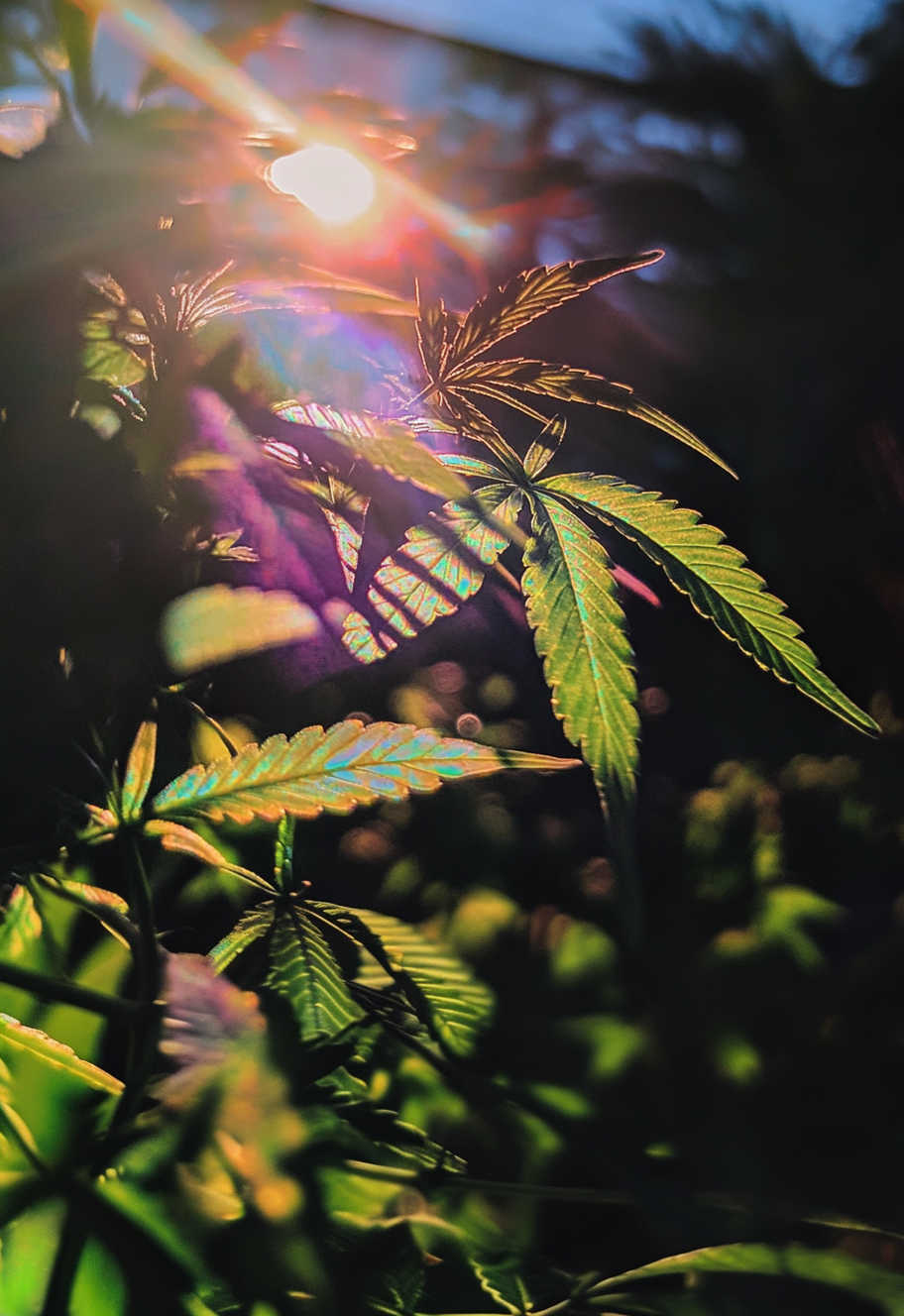
Frequently Asked Questions
What is Full-Spectrum CBD?
Full-spectrum CBD refers to an extract that contains all the naturally occurring phytochemicals found in the hemp plant—this includes CBD, trace cannabinoids, terpenes, and essential oils. These extracts also contain a negligible amount of THC (below 0.3%). Research shows that these plant compounds work more effectively together than individually, a phenomenon known as the “entourage effect.” While full-spectrum CBD is non-psychoactive, it may result in a false positive on drug tests, particularly if consumed in high doses daily.
What are the Benefits of CBD?
CBD may help promote a sense of calm and focus, relieve everyday stress, support recovery from exercise-induced inflammation, and improve sleep quality. It is a safe, non-addictive substance. Studies suggest that CBD may aid both in falling asleep and staying asleep. Additionally, CBD may offer potential relief for various types of chronic pain. A study published in the European Journal of Pain found that topical application of CBD could reduce pain and inflammation caused by arthritis. Another study revealed the mechanism by which CBD helps manage inflammatory and neuropathic pain—two of the most challenging types of chronic pain to treat.
How Does CBD Work?
CBD interacts with cannabinoid receptors in the body’s endocannabinoid system (ECS), which helps regulate balance and overall well-being. This system includes a network of receptors throughout the body that interact with cannabinoids, which can be produced internally (endocannabinoids) or sourced from plants (phytocannabinoids).
How is CBD Absorbed?
The absorption of CBD into the bloodstream from the application area is known as bioavailability. Maximizing bioavailability ensures more CBD is available for the body to use. The method of consumption significantly affects CBD's bioavailability. Based on your needs and preferences, CBD can be administered through ingestion, sublingual (under the tongue), inhalation, or topical application—each method influencing how CBD interacts with your body.
Is CBD Legal?
The 2014 Farm Bill allowed state governments to grow and study industrial hemp through state-regulated agricultural and pilot programs. It also distinguished hemp and hemp-derived products containing less than 0.3% THC from marijuana. The 2018 Farm Bill further legalized the cultivation, production, and sale of hemp at the federal level, making hemp-derived products like CBD oil more widely accessible.
